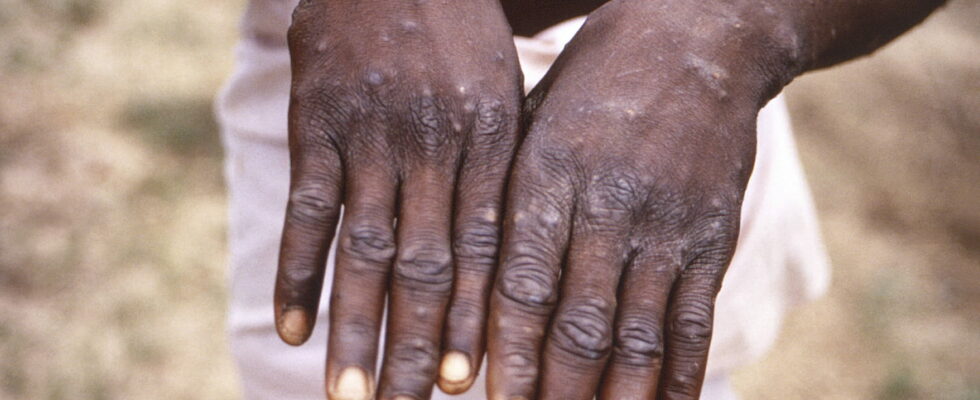A resurgence of monkeypox cases is causing concern, especially following the development of a new strain of the virus that is showing a change in symptoms.
Following a resurgence of cases of Monkeypox (MPOX), formerly known as monkeypox, in Africa, the WHO on August 14 raised the highest level of international health alert. The organization said imported cases were likely to be detected quickly in Europe.
This resurgence is notably due to a new strain of the virus, clade 1b. It is considered to be more transmissible and dangerous than the previous one. The disease can be transmitted between humans following close physical contact with an infected person. The incubation period ranges from 5 to 21 days, the disease being contagious from the onset of symptoms.
With the new variant, symptoms have multiplied, although there may still be asymptomatic cases. While skin lesions are still a question, they can now appear all over the body. They most often affect “the genitals and anal area, but also the face, mouth, palms of the hands, soles of the feet and the rest of the body” and can cause itching, according to the Ministry of Health. Fever, headache, muscle pain and fatigue are also among the likely symptoms. Lymph nodes can also form, particularly in the jaw and neck. Sore throat when swallowing is also possible.
Symptoms that can last for several weeks
According to the Health Insurance, monkeypox first manifests itself through fever, chills, fatigue and the appearance of large lymph nodes. A few days later, the rash begins and gradually spreads over the entire body. Its symptoms can last several weeks (2 to 4 on average), the disease being no longer contagious when the scabs fall off.
People most at risk are immunocompromised people, pregnant women and young children. Complications can occur in certain severe forms such as septicemia or encephalitis. To protect themselves from contamination, affected people must isolate themselves.
